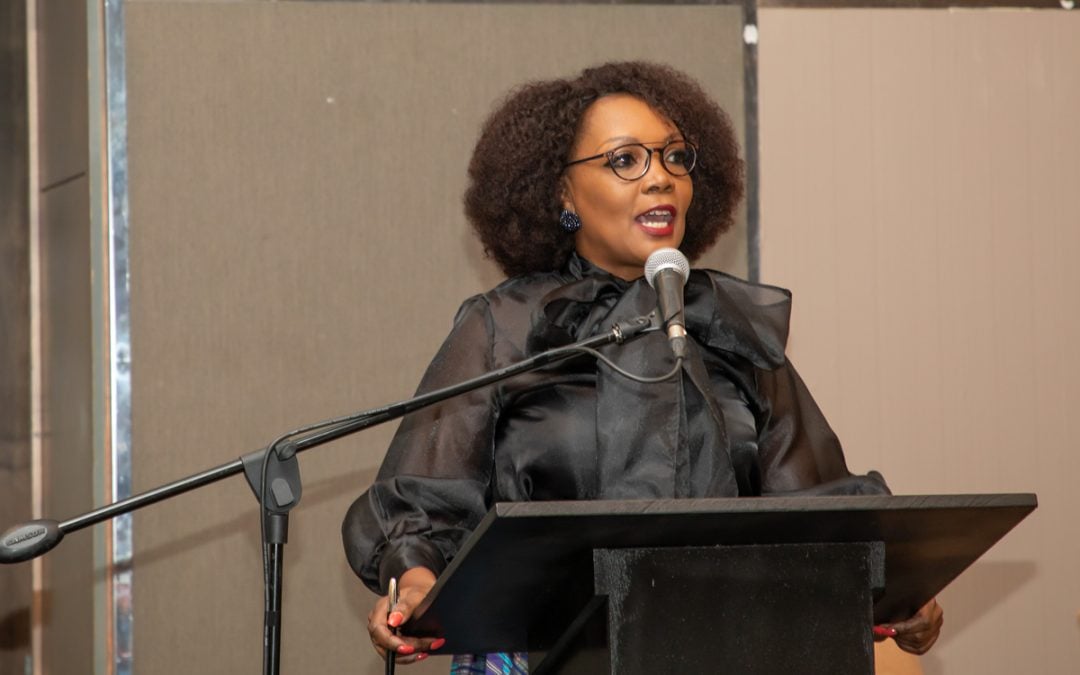A powerful woman who believes working together can help solve South Africa’s land reform challenges.
When Laurel Oettle started working at the Association for Rural Advancement (AFRA) in 2015, she found the 45-year-old organisation in a disastrous state. AFRA was facing massive financial difficulties; it was on the brink of closure and was retrenching a large portion of its workforce.
Oettle was recruited as a director of land rights for the organisation, with the single aim of turning it around. Thanks to a much-needed donation from a person who believed in AFRA, Oettle and her team were able to lift the organisation out of the gutter.
Four years later, the organisation celebrated not only its 40th anniversary but also its successful turnaround; it had rebuilt a base of funds, had a substantial financial reserve, a dynamic, creative, united and expanded staff team, and a renewed national impact.
Oettle says this achievement was one of the proudest moments of her career, as it continued her mother’s legacy — she had worked at AFRA until the age of 55 before passing away in 2011.
AFRA is the oldest formal land rights advocacy non-governmental organisation (NGO) in the country. It focuses on addressing the pressing issue of land rights in the country, with an emphasis on rural communities and women.
Oettle has an extraordinary ability to bring people from all walks of life together — from rural homes, government board rooms and international agencies — and to use their combined energy to further the interests of the rural poor, particularly those living in abject poverty on farms.
Oettle believes in the power of partnerships to make a difference in society. These partnerships with local and international organisations in the complex arenas of land and agrarian reform have helped her to make a meaningful contribution in the sector.
Recently, Oettle established and chaired a multi-stakeholder platform for land and agrarian reform policy roundtable series, together with the minister for agriculture, land reform and rural development, Thoko Didiza, and the Food and Agriculture Agency of the United Nations.
The platform brought together leaders from both government and civil society to discuss the challenges facing land reform in the country. This led, in 2018, to the establishment of the Land Network National Engagement Strategy of South Africa (LandNNES), a network of more than 20 civil society groupings, including non-governmental organisations, social movements, national alliances and community-based structures.
“I hope above all else to continue to help create new and innovative spaces for different individuals, organisations and sectors to come together and find enough common ground to work together towards making South Africa a more just and gender-equitable country, rather than each being trapped in and fighting from their own corners, making limited progress.”

























